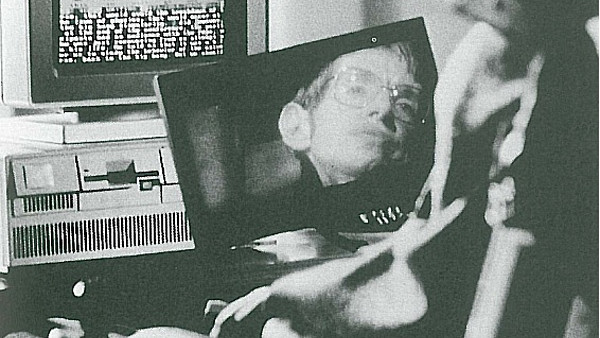Love Stephen Hawking though I do, I was disappointed when he joined the “Philosophy Is Dead” chorus. I can’t tell you many otherwise intelligent people I’ve heard refer to the discipline as “bullshit,” and that’s hugely perplexing to me. With the challenges we’re facing over the next several decades–answering the technological-driven questions about ethics and the very meaning of humanness, for instance–I can’t think of a more vital time for philosophers. From “Physicists Should Stop Saying Silly Things about Philosophy,” a post by Sean Carroll in which he bats away several complaints about the study of ideas:
“Roughly speaking, physicists tend to have three different kinds of lazy critiques of philosophy: one that is totally dopey, one that is frustratingly annoying, and one that is deeply depressing.
- ‘Philosophy tries to understand the universe by pure thought, without collecting experimental data.’
This is the totally dopey criticism. Yes, most philosophers do not actually go out and collect data (although there are exceptions). But it makes no sense to jump right from there to the accusation that philosophy completely ignores the empirical information we have collected about the world. When science (or common-sense observation) reveals something interesting and important about the world, philosophers obviously take it into account. (Aside: of course there are bad philosophers, who do all sorts of stupid things, just as there are bad practitioners of every field. Let’s concentrate on the good ones, of whom there are plenty.)
Philosophers do, indeed, tend to think a lot. This is not a bad thing. All of scientific practice involves some degree of ‘pure thought.’ Philosophers are, by their nature, more interested in foundational questions where the latest wrinkle in the data is of less importance than it would be to a model-building phenomenologist. But at its best, the practice of philosophy of physics is continuous with the practice of physics itself. Many of the best philosophers of physics were trained as physicists, and eventually realized that the problems they cared most about weren’t valued in physics departments, so they switched to philosophy. But those problems — the basic nature of the ultimate architecture of reality at its deepest levels — are just physics problems, really. And some amount of rigorous thought is necessary to make any progress on them. Shutting up and calculating isn’t good enough.”
Tags: Sean Carroll, Stephen Hawking

